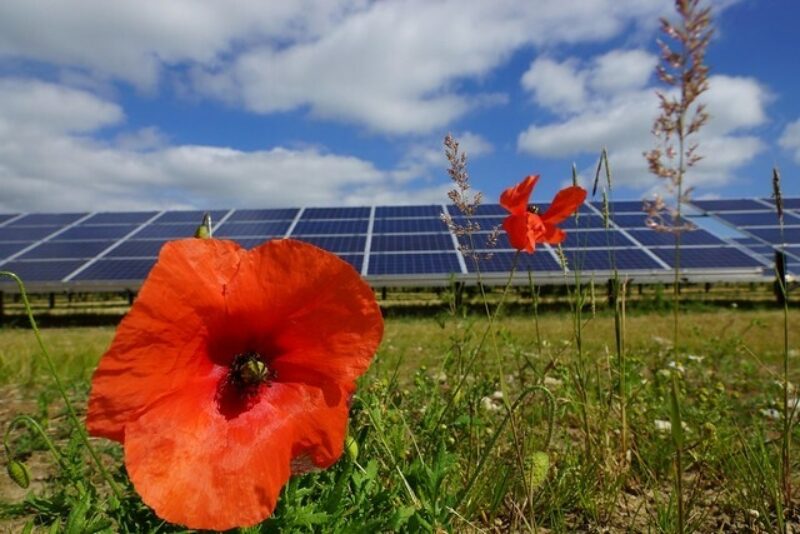The race to zero emissions: How countries can improve their climate pledges and close the gap to 1.5°C
| 25 Sept 2019 | |
| 09:00 - 11:00 | |
| Scandinavia House, 58 Park Ave, New York, NY 10016 |
Share

The race to zero emissions: How countries can improve their climate pledges and close the gap to 1.5°C
In an effort to drive governments to commit to faster and deeper emission reductions, the UN Secretary General invited leaders to announce stronger commitments at the Climate Action Summit under the theme ‘A Race We Can Win. A Race We Must Win.’ This event during Climate Week NYC, will look at how the world is tracking against the internationally agreed climate goals in the Paris Agreement, stress the urgency to ramp up climate action by 2020, and how the next round of climate pledges can be improved to keep the window open for avoiding the worst impacts of climate change.
In an effort to drive governments to commit to faster and deeper emission reductions, the UN Secretary General invited leaders to announce stronger commitments at the Climate Action Summit under the theme ‘A Race We Can Win. A Race We Must Win.’
So what can governments do so that we can win this race?
With the Paris Agreement, pretty much all governments agreed to curb dangerous climate change and limit global temperature rise to 1.5°C. But the level of climate action is nowhere near where it needs to be to reach this goal. If governments implement the pledges they put forward as part of the Paris climate agreement, the world would warm by about 3°C at the end of the century.
Last October, the Intergovernmental Panel on Climate Change Change in its ground-breaking report warned of the increased risks of devastating climate impacts, should global average temperature exceed 1.5°C, emphasising that even half a degree matters. It has also shown that it is feasible to limit warming to 1.5°C and outlined pathways for achieving this, at the same time urging that the transformations required for this need to happen very rapidly and carbon emissions need to halve within the next decade.
Our event will present a number of scenarios for improving the current round of climate pledges (NDCs), show how these improvements could lower the projected global temperature rise, and what global developments can help make this possible.
The event will include an update on any new pledges presented at the UNSG summit and a panel discussion with representatives from vulnerable countries, who are not only pushing for more ambitious climate action but are also leading by example, as well as from developed countries, who are lifting their game.
Moderation: Richard Black, Director, Energy and Climate Intelligence Unit
Programme
8:30 – registration/light breakfast
9:00 – Welcome remarks – Laetitia De Marez, Director of Climate Analytics New York office
9:05 – The urgency of upgrading national climate pledges by 2020 – Bill Hare, CEO of Climate Analytics
9:20 – Current levels of climate action / moving towards more ambitious climate pledges – Paola Yanguas Parra, Decarbonisation Strategies Lead, Climate Analytics
9:35 – Translating science into concrete action in sectors and countries – Claire Stockwell, Senior Climate Policy Analyst, Climate Analytics
9:50 – Q&A
10:05 Panel discussion: Opportunities for increasing climate ambition by 2020
10:45 – close of event
Panellists
Hon. Simon Stiell, Minister of Climate Resilience, Environment, Forestry, Fisheries and Information, Government of Grenada
Mr. Selwin Hart, Executive Director, Inter-American Development Bank
Mr. Nick Bridge, UK Special Envoy on Climate Change
DOWNLOAD THE PRESENTATION SLIDES

This event is part of Climate Week NYC, organised by the Climate Group. It takes place from September 23 to 29, 2019. Run in coordination with the UN and the City of New York, Climate Week continues to grow as the time and place for the world to showcase climate action and discuss how to do more. Businesses, governments, academic institutions, arts organizations, individuals and non- profit organisations participate in the week-long events program including panel discussions concerts, exhibitions, seminars and more.